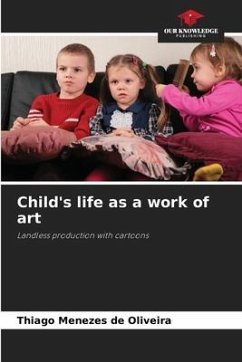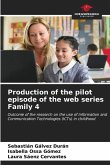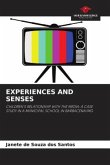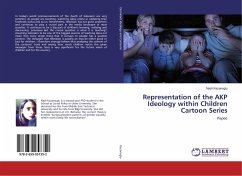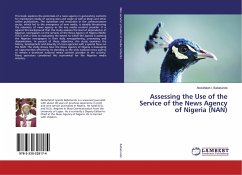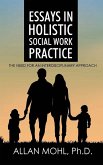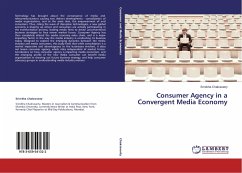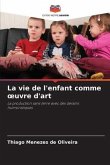The concept of childhood is socially constructed and involves several social and political subjects, among them the academia and, obviously, children. Several researchers point out that there have been (and/or there are) modifications on the concept of childhood after the access and/or presence/participation of children in the media public spheres. Our problem arises from an "invisibility" of children's knowledge, even about what it means to be a child. This is because many times the agenciamentos are understood as adultized elements, mere expression of the "disappearance or erasure of childhood", since it "places a voice" in the child, instead of dialoguing with it. This work moves in another direction, that of valuing their voices. In this way, we define the central question of this research: what are the meanings that a group of rural children produces about the concept of childhood and, in this way, about themselves and about their agency in a relationship mediated by cartoons
Bitte wählen Sie Ihr Anliegen aus.
Rechnungen
Retourenschein anfordern
Bestellstatus
Storno

